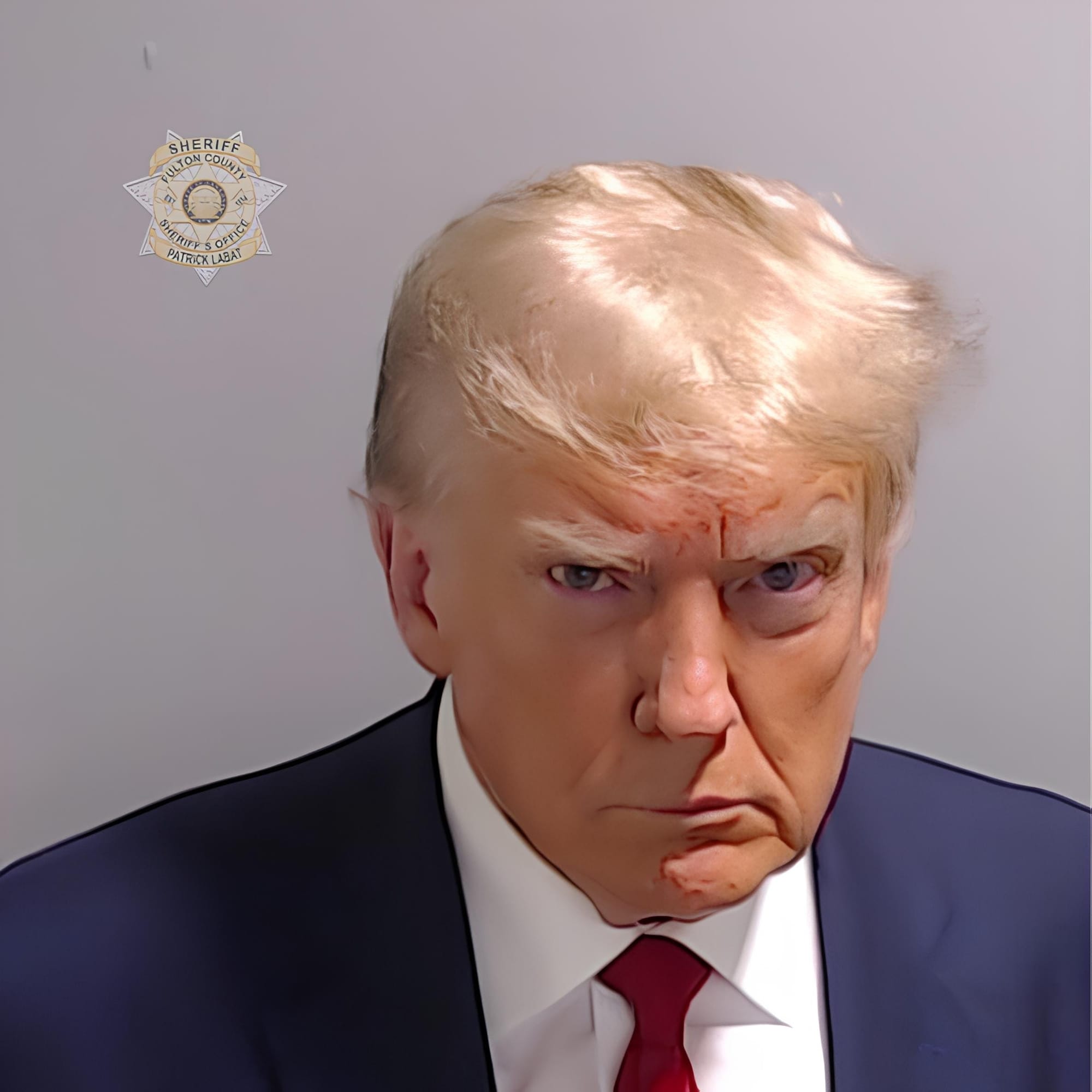Run on Vision, Not Just Resistance: Mamdani's NYC strategy
Free childcare and buses. Cheaper groceries. Lower rents. Whether or not you support Zohran Mamdani, who won the Democratic primary
A cognitive linguist's assessment of how language works

Freedom of speech is the cornerstone of all freedom. But not all speech is the same, and not all speech qualifies as “free speech.”
As the indictments pile up against Trump and his co-conspirators for their efforts to overturn the 2020 election, we have seen a concerted effort by Trump to claim a ridiculous defense based on “freedom of speech.”
FrameLab is a reader-supported publication. To receive new posts and support my work, consider becoming a free or paid subscriber.
Free speech, according to his cockamamie theory, means he can say whatever he wants to say, regardless of the consequences. He falsely equates his leadership of the criminal conspiracy to destroy American democracy with the act of having a mere opinion or belief.
This defense is unlikely to hold up in a court of law — and it doesn’t hold up in the field of cognitive linguistics, either. Cognitive linguists have long understood that there are different kinds of speech, and that some kinds of speech constitute “speech acts.”
Speech acts are instances of speech that constitute action: commands or expressed desires, questions, declarations, threats, or promises. Certain kind of speech directly constitute action, as when an order is given by someone with the power to give orders. If the action constituted by the speech is illegal, the speech constitutes an illegal act.
Imagine if mafia bosses or other criminals could evade prosecution by claiming that their illegal conspiracies and commands were simply protected forms of speech. In Trump’s view, it would seem that a person who orders a subordinate to commit an illegal act is simply engaging in so-called free speech. But that’s not how any of this works.
In the 20th century, John L. Austin, in his book “How To Do Things With Words,” provided the clearest account of speech acts. He categorized these forms of speech acts as “illocutionary” (in speaking) and “perlocutionary” (via speaking). Illocutionary acts are forms of speech that constitute action. Perlocutionary acts are actions performed via speaking.
From Wikipedia:
When somebody says "Is there any salt?" at the dinner table, the illocutionary act is a request: "please give me some salt" even though the locutionary act (the literal sentence) was to ask a question about the presence of salt. The perlocutionary act (the actual effect), might be to cause somebody to pass the salt.
The concept is simple. Words that constitute taking action go beyond mere speech and constitute speech acts. Therefore, Trump’s effort to conflate his criminal speech acts with mere speech are ridiculous and desperate. By speaking, he was acting.
In Trump’s case, his speech acts consisted of both lies and directives. For example, his lies caused his followers to believe a big lie about the 2020 election. His directives incited them to attempt a violent insurrection at the U.S. Capitol. And via his words, he attempted to lead both Mike Pence and Georgia election officials to overturn the election.
As Trump will find, not all speech is free speech. For one thing, the law recognizes long-established limitations on what counts as free speech. In addition, Trump’s superficial and silly defense appears wholly ignorant of the well-established difference between speech and speech acts.
Most speech acts are normal and fine. We use them every day in basic conversation, such as when we place an order in a restaurant. But speech acts that compel the violation of laws can be accurately classified as “criminal” acts rather than mere free speech.
Context matters. Who is speaking and what authority he or she has is crucial in differentiating between mere speech and speech acts.
Of course, this goes beyond Trump. Efforts to cry “free speech” in defense of disinformation, misinformation and anti-democratic movements have become common. This is why it’s important to have a basic understanding of how language works. Understanding how language works in actual use is crucial to recognizing the difference between mere speech and speech acts.

FrameLab is a reader-supported publication. To receive new posts and support my work, consider becoming a free or paid subscriber.
Subscribe